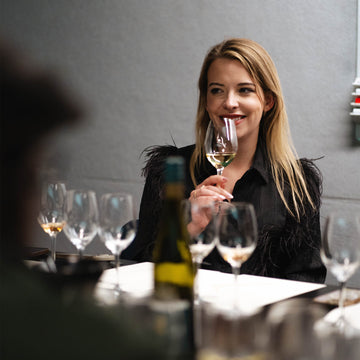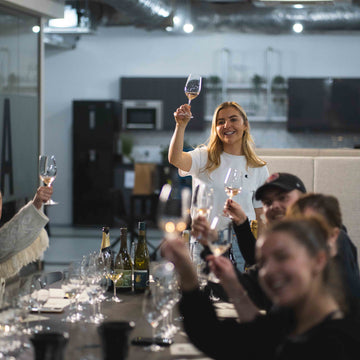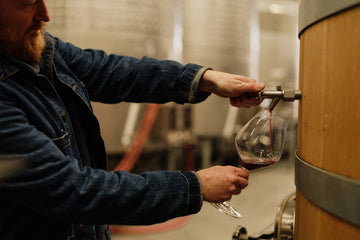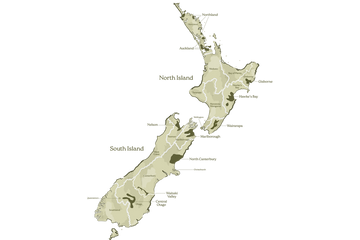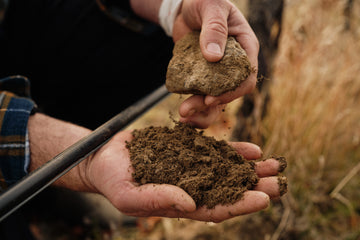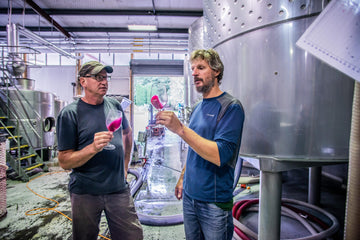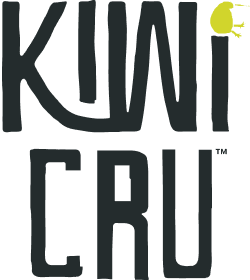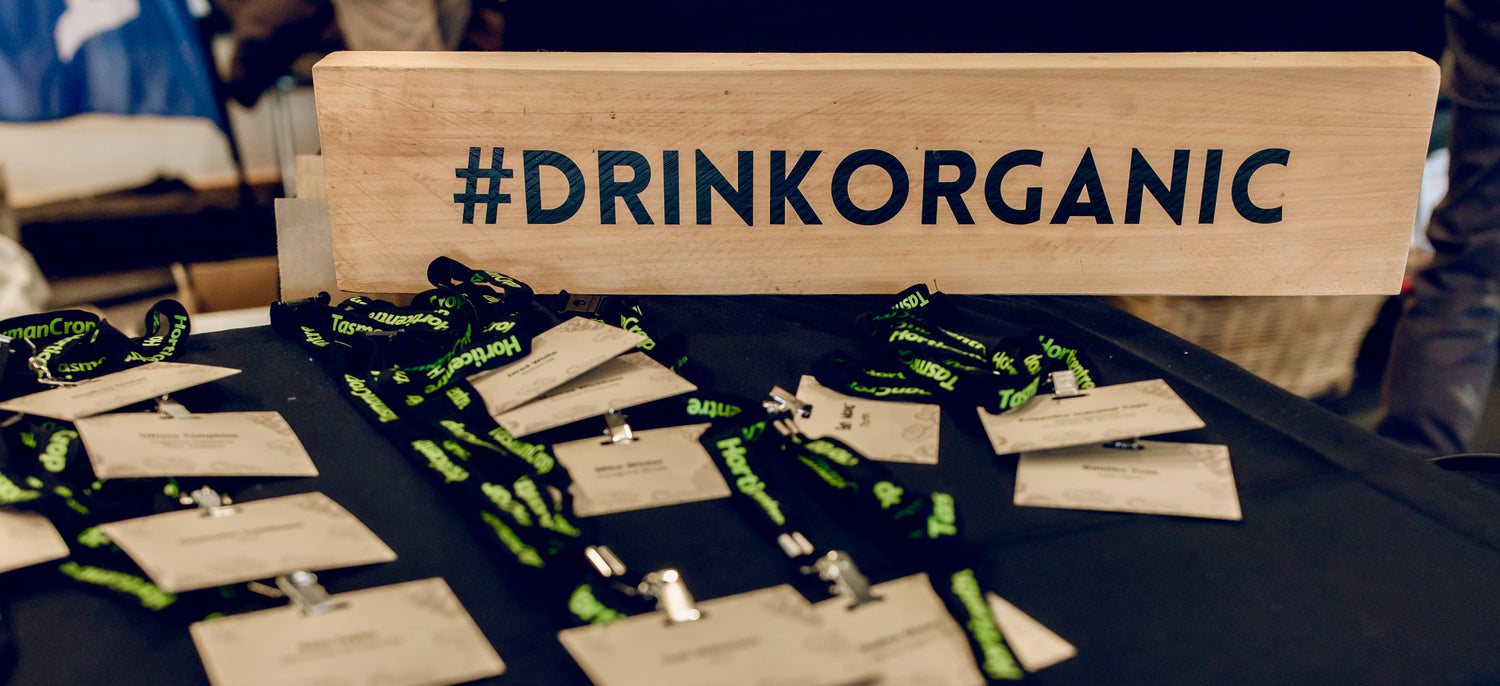
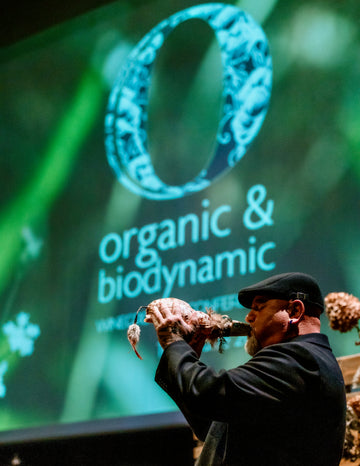
What Is Organic Wine - And Why It Matters in Aotearoa
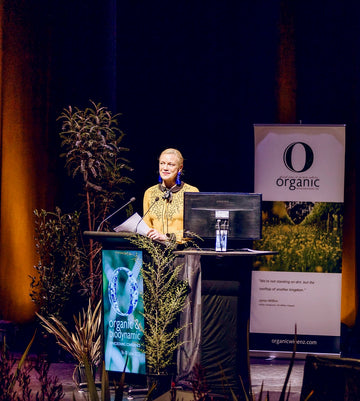
A Culture of Care - Themes from the 2025 Conference
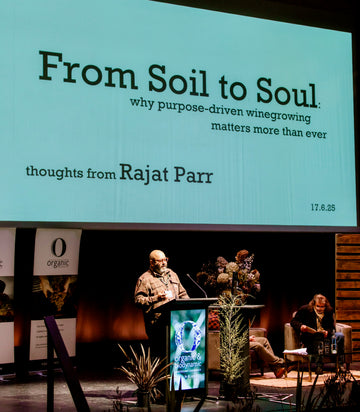
From Soil to Soul
“This conference did not offer easy answers. But it did offer something rarer: a space of brave thinking, considered action, and collective remembering.” Anika Willner, Winemaker, Coal Pit
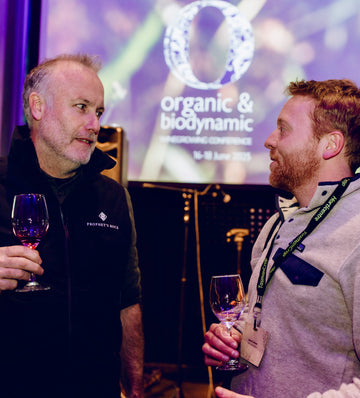
The Future of Organic Wine in Aotearoa
Discover Our Organic Wines
Clos Henri Estate Sauvignon Blanc 2023
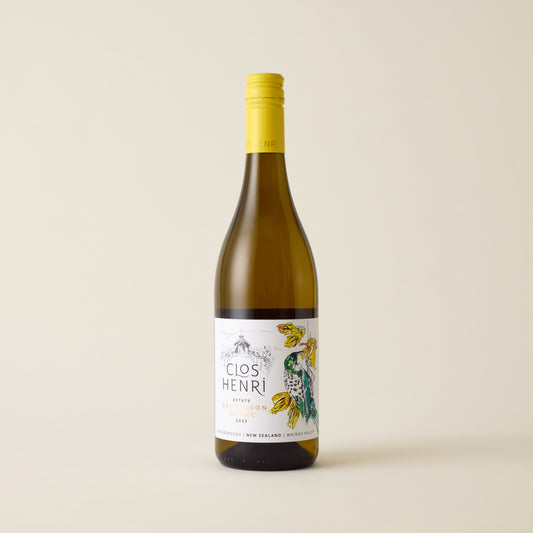

Clos Henri Estate Sauvignon Blanc 2023
Regular price
£15.75
Sale price
£15.75
Regular price
£21.00
Pyramid Valley Chardonnay North Canterbury 2021








Pyramid Valley Chardonnay North Canterbury 2021
Regular price
£26.25
Sale price
£26.25
Regular price
£35.00
Te Whare Ra Toru White 2023
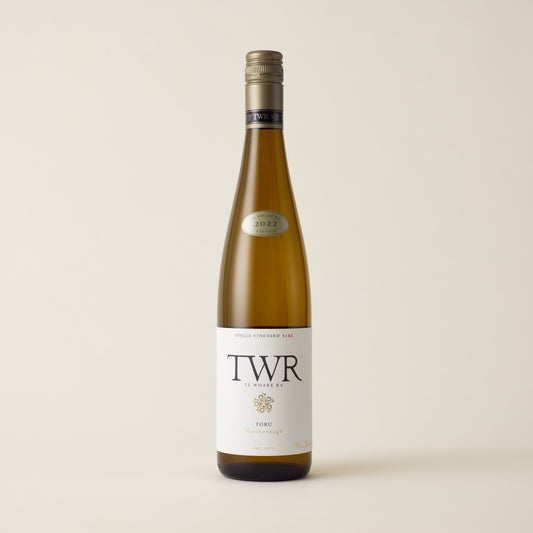







Te Whare Ra Toru White 2023
Regular price
£17.65
Sale price
£17.65
Regular price
£23.50
Matawhero Irwin Chardonnay 2020
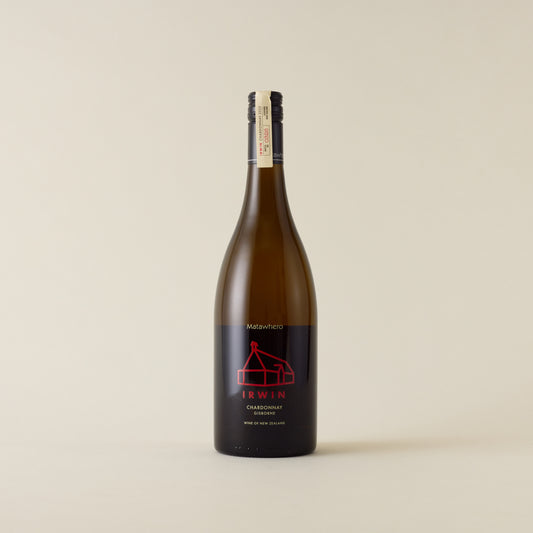







Matawhero Irwin Chardonnay 2020
Regular price
£27.00
Sale price
£27.00
Regular price
£36.00
Millton Te Arai Chenin Blanc 2020
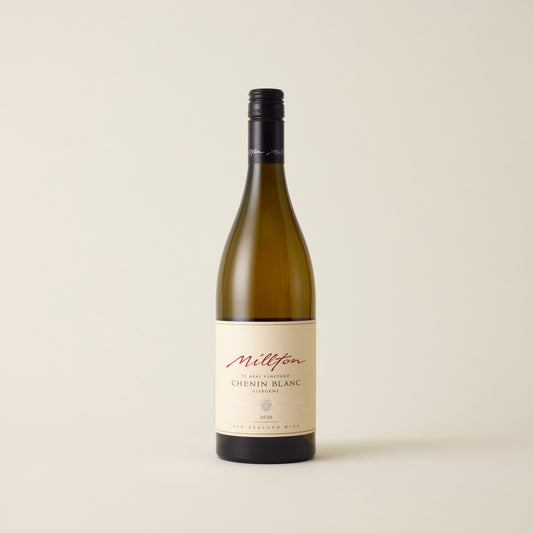

Millton Te Arai Chenin Blanc 2020
Regular price
£19.90
Sale price
£19.90
Regular price
£26.50
Astrolabe The Wrekin Chenin Blanc 2021
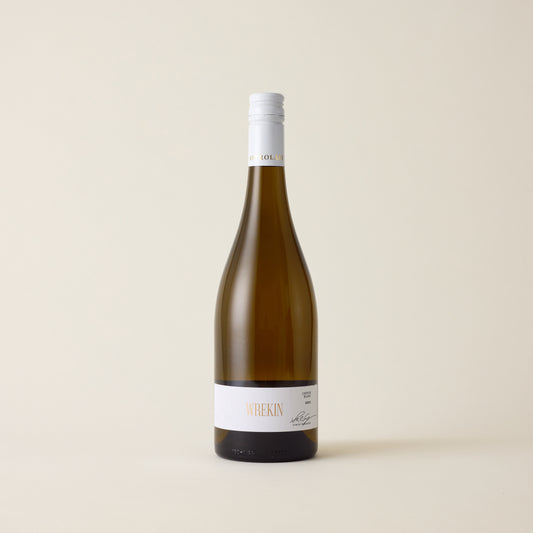







Astrolabe The Wrekin Chenin Blanc 2021
Regular price
£17.25
Sale price
£17.25
Regular price
£23.00
Kelly Washington Rosé 2024
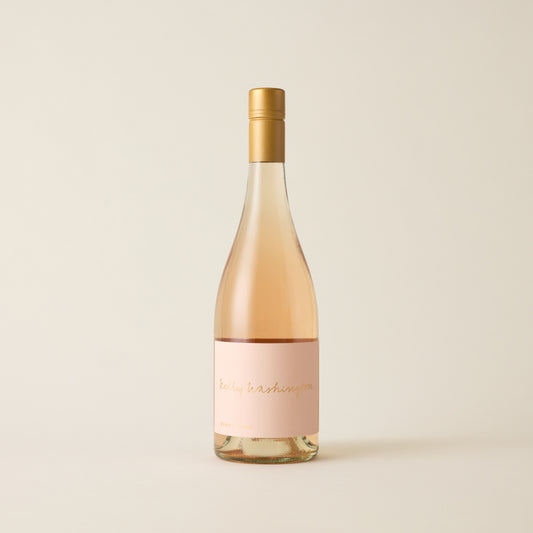

Kelly Washington Rosé 2024
Regular price
£18.75
Sale price
£18.75
Regular price
£25.00
Clos Henri Estate Pinot Noir 2022
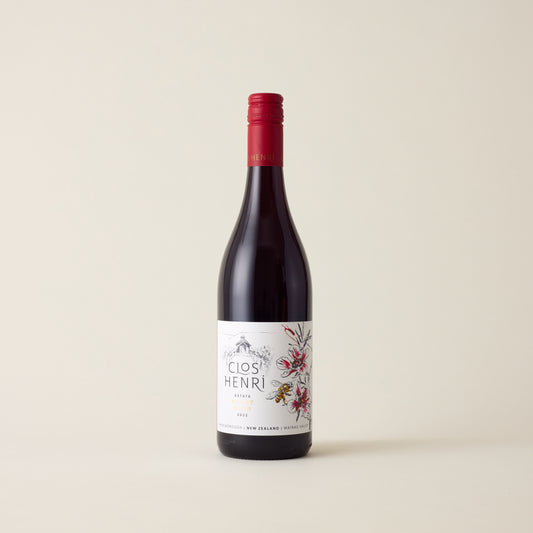

Clos Henri Estate Pinot Noir 2022
Regular price
£18.00
Sale price
£18.00
Regular price
£24.00
